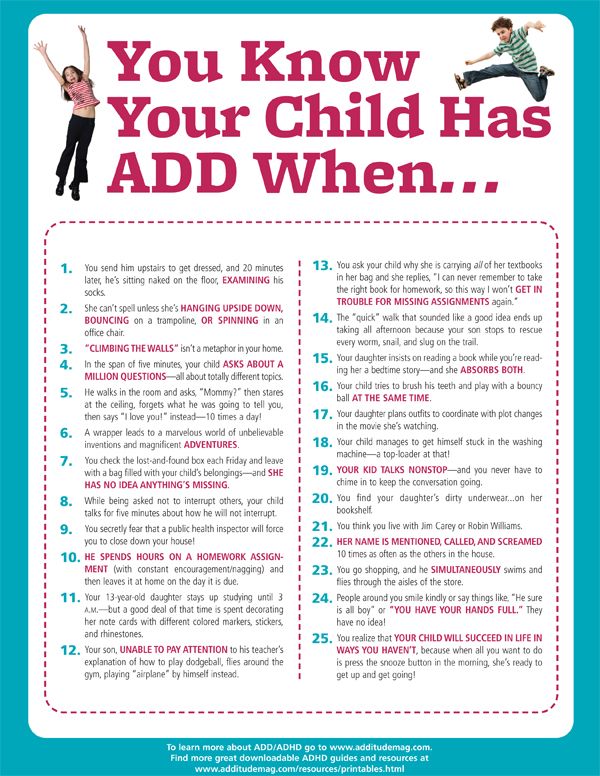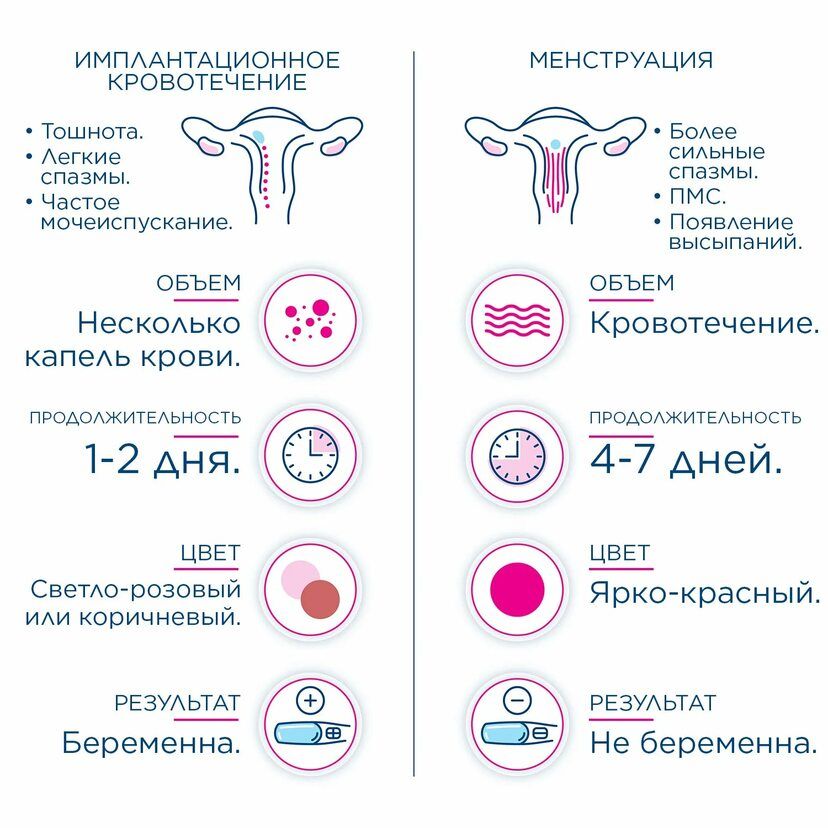How to get rid of child support warrants
How To Get A Child Support Warrant Lifted?
Contents
- 1 What is a Child Support Warrant?
- 2 How to get a child support warrant lifted?
- 3 What is a bench warrant?
- 4 How to lift a child support bench warrant?
- 5 What is Felony?
- 6 Takeaway
FacebookTwitterRedditLinkedIn
Reading Time: 5 minutes
From the time you become a parent, you always want to do everything best for your child. However, things don’t end on good terms every time. Yes, we’re here talking about how things change for your child when you decide to get a divorce. Most parents are content to do the best they can after their child’s welfare. But, the reality is that you may find yourself lacking in this situation. Therefore, the other parent of your child or children has to take this matter to court.
Moreover, some parents don’t accept that they also need to pay child support money. So, they decide not to pay even after the released orders from the court, even though it’s not an option to choose to pay or not to pay.
What is a Child Support Warrant?
The judge issues a child support warrant for the person who fails to pay the child support money. The warrant is issued when the person has not paid the money for a long time.
The parent owed support goes to court with a duplicate copy of the child support agreement and verification that the noncustodial parent isn’t paying the child support money. After looking into the current realities of the case, the judge can issue a warrant for contempt as the noncustodial parent isn’t following the court’s request to pay support. Non-custodial guardians should show up in court on the hearing dates. To state the cause for not paying the child support, law implementation officers have the right to arrest and bring the parent into court.
Also Read: How does child support work if mother has no job?
How to get a child support warrant lifted?
If there is a child support warrant given against you, you can do a few things to help yourself and get rid of it. The most common way to begin with it is to seek the help of an attorney.
The most common way to begin with it is to seek the help of an attorney.
That might seem like a familiar and standardized way to answer for most individuals’ situations. But, a lawyer is also an officer of the court. They can talk for your sake and on your behalf to see if something can work to get a child support warrant lifted. To permit you to make a few facilitations so that you can start making your child support installments.
Moreover, the court isn’t liable to pay attention to the person that does not obey the legal framework. To them, you failed to pay your child support as well as, when needed to show up in court for the hearing, you didn’t appear. Subsequently, two negative marks against you can undoubtedly let you be in prison.
Having a lawyer can assist you with what steps you should take to work with the court to become involved with your installments and have that child support warrant lifted. For instance, you most likely can’t pay the sum in one single amount, yet you might have the option to pay ten extra percent each month to get up to the full payment. Therefore, the evidence must satisfy the court so that the court can permit you to move freely.
Therefore, the evidence must satisfy the court so that the court can permit you to move freely.
What is a bench warrant?
The court also issues bench warrants. The reason they are known as bench warrants is that they are issued from the bench. It means that the judge issues the warrant. A bench warrant is not issued only when someone commits a crime; there are other possible reasons for issuing the bench warrant.
Reasons for when a judge can issue a bench warrant, however, are not limited to –
- Failure to obey court orders
- Neglect to pay court-ordered spousal or child support payments
- Non-fulfillment to pay fines
- Failing to appear in court
- Negligence to report as a witness or party in a trial
- Refusing to allow court-ordered parent visitation
- Violation of the terms of your probation
How to lift a child support bench warrant?
Lifting or elimination of the bench warrant means that it should no longer come into the official system. But the warrant lifts depend upon the reason why the warrant was issued earlier.
But the warrant lifts depend upon the reason why the warrant was issued earlier.
The only way the bench warrants child support can be lifted is by your appearance in court, your attorney’s appearance in court on your behalf, or by appearing with your attorney.
It’s best to appear on the hearing date and show that you have not deliberately missed the child support payment. You may have to satisfy the judge that you’re a responsible person, but circumstances made you do so. Therefore, evidence plays an important role.
Your first step should be to show the court why you could not pay child support. For example, there might be some issues related to not having a job. In that case, provide the statement from your previous employer.
Next, a question may pop up in your mind about why you did not ask for modifications when you saw yourself not paying child support. But, again, it’s better, to tell the truth in court rather than to lie. Showing the reason with the proper evidence can help you in lifting the child support bench warrant. This way, a judge can’t jail you if all the evidence turns out to be true. After that, however, you may have to pay the fine.
This way, a judge can’t jail you if all the evidence turns out to be true. After that, however, you may have to pay the fine.
So, it’s always better to get a lawyer and discuss your options. This way, the attorney can represent you in court and save you.
Your legal advisor can investigate all the case facts to foster the best way to manage the warrant. Keeping you out of prison and diminishing the unfortunate results of a warrant are your lawyer’s primary concerns.
What is Felony?
Crimes usually come under two categories: misdemeanors or felonies. Misdemeanors are those that typically carry a maximum of up to one year in jail. Felonies involve more serious crimes that involve more than a year’s imprisonment and up to life in prison.
Examples of Felonies are – murder, sexual assault, etc. Now, you might be thinking that all violent crimes fall under this category? No, forgery, theft can also result in felony penalties if the amount of money involved is large enough.
So, felony crimes have a possibility of a prison sentence. It can be a year to a lifetime.
Here, we are talking about a felony child support warrant. A felony child support warrant is issued by a judge when the person’s child support amount is enormous, and he fails to pay it timely. The individual is guilty of a felony.
For example, the willful failure to pay child support, in certain circumstances, is legally considered a felony under federal law.
The Deadbeat Parents Punishment Act of 1998 subjects parents to up to two years in prison, along with fines and mandatory restitution under the below circumstances –
- When they owe at least a sum amount of $10,000;
- lagging two years behind in their payments and have been pointed out two or more times for failing to obey their child support orders; or
- travel across state lines or abroad to avoid paying child support responsibilities if the commitment to deliver the child support remains unpaid for longer than one year or is more than $5,000.

The penalty also applies to a second offense of willfully failing to pay past-due support for a child living somewhere in another state of more than $5,000 for more than one year.
Takeaway
The best way to get your warrant lifted is to show yourself in court without missing any hearing as it will mess up the situation, as the court can issue a warrant against you. If you’re unable to pay child support due to non-negligible reasons, it’s always better to come up with the facts and shreds of evidence in court. Another way to save yourself from the warrant is to seek help from a local attorney. They can take you in the right direction by telling you the best possible solutions.
Enforce support
The Friend of the Court is responsible for enforcing child support orders. Many enforcement methods (described below) can be used if a parent does not follow terms of the order.
Income WithholdingAn income withholding order can be used to collect both current and past-due support (arrearages). All new and modified child support orders are required to include income withholding, unless both parents and the court agree on other payment methods.
All new and modified child support orders are required to include income withholding, unless both parents and the court agree on other payment methods.
Under income withholding, child support and medical support payments are deducted from the non-custodial parent's paycheck. The employer sends the support payments directly to the Michigan State Disbursement Unit (MiSDU). Federal and state laws require employers to honor income withholding orders.
A parent's income from other sources, such as unemployment benefits, Social Security benefits, independent contracting, workers' compensation claims, and insurance claims are also subject to income withholding.
Tax Refund OffsetIf the amount of past-due support (arrearages) reaches a certain level (threshold), both federal and state tax refunds can be intercepted to pay support.
The past-due threshold for state tax refund offset is $150. The federal past-due threshold is $150 for cases that receive cash assistance; the non-cash assistance threshold is $500.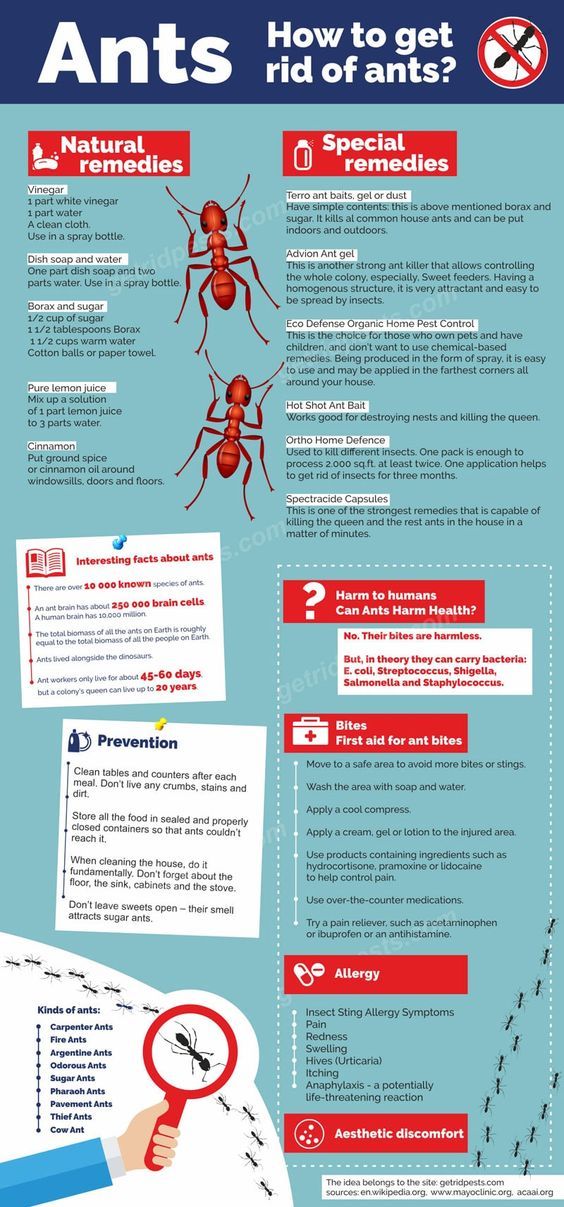
For both state and federal tax refund offset, the person who owes the support receives a notice explaining his or her right to object to the tax refund offset and reasons to object. In a joint tax return, a spouse may make a claim to retain his or her portion of the refund.
Show Cause/Bench WarrantA person who has not paid child support or has not provided medical support can be ordered to appear before the court to explain to the court why he/she should not be held in contempt. This is called a show cause hearing.
If the person ordered to appear at a show cause hearing does not show up, the court may order a variety of enforcement actions, including issuing a bench warrant for the arrest of the person who did not show up for the show cause hearing.
Lien/LevyThe Friend of the Court or the Office of Child Support can initiate a lien/levy against real or personal property, financial assets, or insurance claims for collection of child support.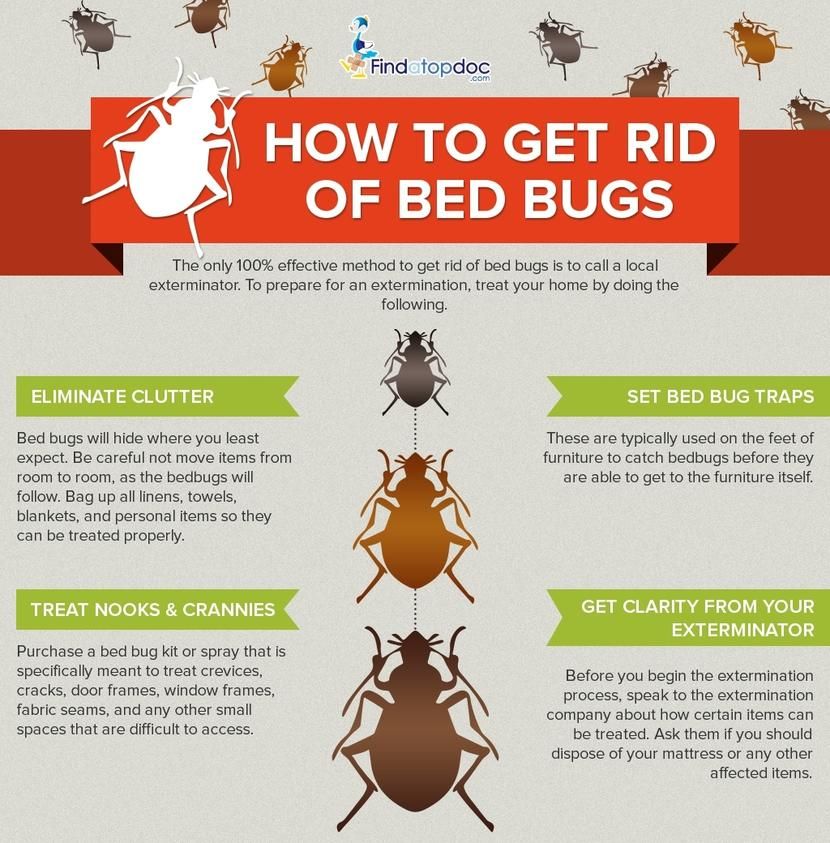
Driver's licenses, recreational or sporting licenses (hunting, fishing, etc.), and professional licenses can be denied, suspended or revoked if a parent is behind more than two months in payments.
Credit ReportingIf a parent is behind more than two months in payments, he or she is automatically reported to a consumer credit reporting agency.
Passport DenialA parent's passport may be denied or revoked when he or she reaches the past-due support threshold of $2,500.
National Medical Support NoticeEnforcement of medical support is done through the National Medical Support Notice for employer-provided insurance or through any of the other enforcement methods listed if cash payments are required.
Pension Account(s)A Qualified Domestic Relations Order (QDRO) is a support order against a private pension account. An Eligible Domestic Relations Order (EDRO) is a support order against a state or federal government pension plan. A QDRO or EDRO can be issued for current support or past-due support (arrearages).
A QDRO or EDRO can be issued for current support or past-due support (arrearages).
A judge may order a surcharge be added to a case that has arrearages. If a surcharge is ordered, it will be added to the case every January 1st and July 1st and become a part of the total amount of support owed.
The surcharge is a variable rate tied to five-year United States Treasury Notes, plus 1%.
Criminal/Felony ChargesThe Friend of the Court can refer the case to the county prosecutor, who may charge the person who owes support with the crime of felony non-support. In some counties, the case may be referred to the Attorney General for criminal prosecution of felony non-support. Felony non-support charges are generally issued after other child support collection methods have not been successful. Custodial parents may also ask the county prosecutor or Attorney General for felony non-support prosecution.
For additional enforcement detail, review the Child Support Policy manuals.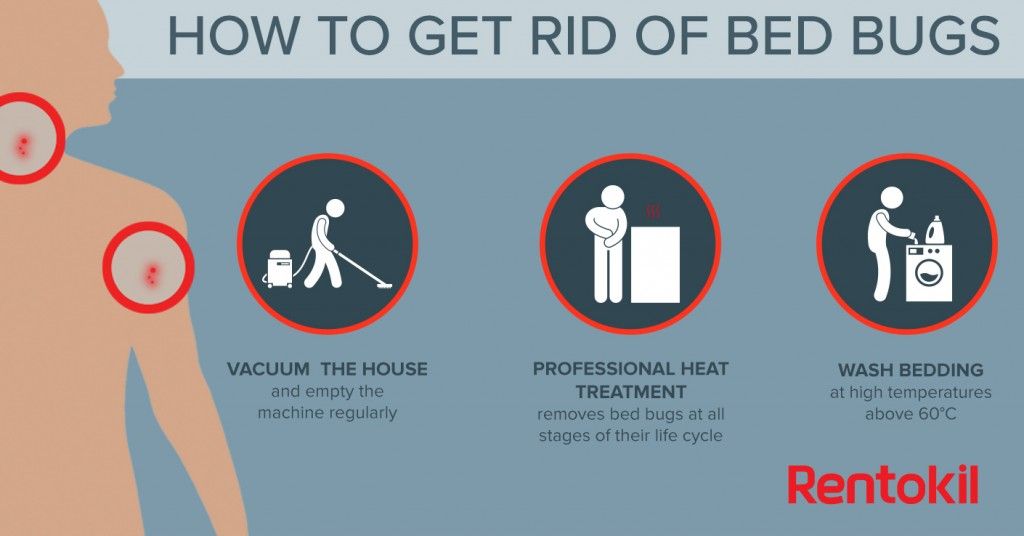
Alimony for the maintenance of a child other than his own
Marina Frolova
Attorney at the Moscow Bar Association, Law Office No. 14 of the Moscow City Bar Association
September 02, 2021
Tips
Pay attention to the date of publication of the material: the information may be outdated due to changes in legislation or law enforcement practice.
How to dispute paternity and get rid of child support arrears from a stranger? nine0003
Perhaps there is no more joyful event for a married couple than the birth of a child. Parents, aunts and uncles, grandparents, friends are looking forward to this. Someone in "waiting for a miracle" arranges a magnificent holiday, and someone rejoices in happiness in a quiet family circle. But happiness sometimes overshadows misfortune. The spouses begin to quarrel, and sometimes the father of the child has doubts: “Am I the biological father?”
Or maybe it’s like this: the spouses have not lived together for a long time, they don’t even communicate, but they haven’t officially terminated the marriage. And now the spouse gives birth to a child from a stranger, and in the registry office in the column "father" indicate the legal spouse. Here a reasonable question immediately arises: what, in fact, should he do now? nine0003
And now the spouse gives birth to a child from a stranger, and in the registry office in the column "father" indicate the legal spouse. Here a reasonable question immediately arises: what, in fact, should he do now? nine0003
How is paternity disputed?
In accordance with Part 2 of Art. 48 of the Family Code of the Russian Federation, if a child was born from persons who are married to each other, or within 300 days from the date of dissolution of the marriage, its recognition as invalid, or from the death of the spouse of the mother of the child, then the spouse (former spouse) of the mother is recognized as the father of the child, if otherwise has not been proven (Article 52 of the RF IC). The paternity of the spouse of the mother of the child is certified by a record of their marriage.
If you doubt that you are the biological father of the child, you can apply to the court to challenge your paternity in accordance with Art. 52 RF IC. But it should be borne in mind that according to Art. 56 of the Civil Procedure Code of the Russian Federation, you, as the father of the child, will have to prove the opposite. Expert opinions, photo and video materials, audio recordings, testimonies of witnesses, etc. can be used as evidence. Also, at the request of one of the parties, the court may appoint a molecular genetic examination. nine0003
56 of the Civil Procedure Code of the Russian Federation, you, as the father of the child, will have to prove the opposite. Expert opinions, photo and video materials, audio recordings, testimonies of witnesses, etc. can be used as evidence. Also, at the request of one of the parties, the court may appoint a molecular genetic examination. nine0003
Now many will ask what to do if a husband or wife evades participation in the examination, does not provide the biological material necessary for its conduct. In accordance with Part 3 of Art. 79 Code of Civil Procedure of the Russian Federation when a party evades participation in the examination, failure to provide the experts with the necessary materials and documents for examination, and in other cases, if due to the circumstances of the case and without the participation of this party it is impossible to conduct an examination, the court, depending on which party evades the examination and which for this party, it matters, has the right to recognize the fact, for the clarification of which the examination was appointed, established or refuted. That is, if the court is considering a case on disputing paternity and the mother of the child evades the examination, but there is other evidence confirming the position of the plaintiff, then the court may recognize the fact of the absence of relationship between the alleged father and the child as proven. nine0003
That is, if the court is considering a case on disputing paternity and the mother of the child evades the examination, but there is other evidence confirming the position of the plaintiff, then the court may recognize the fact of the absence of relationship between the alleged father and the child as proven. nine0003
Everything seems to be clear here. But what about those dads who are withheld alimony for the maintenance of not their children?
Can I just not pay child support, since the child is not my own?
According to Art. 80 of the RF IC, parents are obliged to support their minor children. Therefore, if you are officially the father of the child, you are required to pay child support for his maintenance. Keep in mind: if you decide to evade this duty while the paternity dispute is pending in court, you may be held administratively and then criminally liable. The only way out is to ask the court to suspend enforcement proceedings until a decision is made on the case. nine0003
nine0003
If you have already owed alimony, then after disputing paternity, you can apply to the court with a statement of claim to release you from paying the debt.
From the moment a court decision is made to satisfy the statement of claim to contest paternity, you have the right to demand that you be released from further payment of alimony and termination of enforcement proceedings.
(Answers to other questions from support payers and recipients can be found in the Child Support Resource Kit.)
Read also:
If alimony debts have accumulated...
Salnikova Veronika
Lawyer, partner of YAG Yakovlev & Partners
June 16, 2021
Tips
Pay attention to the date of publication of the material: the information may be outdated due to changes in legislation or law enforcement practice.
How to collect them, what threatens the parent-debtor and in what case will he be released from liability? nine0003
Through which court to collect alimony from a father of many children?
“In 2018, the Magistrate's Court ruled to collect alimony from her husband for the maintenance of two minor children. In 2020, we had twins. Currently, the marriage is not dissolved. Tell me where to apply (to the world or district court) and how to file an application to collect alimony for twins?
In 2020, we had twins. Currently, the marriage is not dissolved. Tell me where to apply (to the world or district court) and how to file an application to collect alimony for twins?
Alimony (funds for the maintenance of minor children) can be collected through the court in the order of writ or action proceedings. Writ proceedings are a simplified procedure for collecting alimony in the Magistrate's Court. When filing an application, the court issues a court order without summoning the plaintiff and the defendant. Claim proceedings are carried out in the district court with the summons of the parties. nine0003
As a general rule, if the parent-debtor already pays child support, then they should be collected on other children through the district court. The mother of twins needs to apply to the district court at her place of residence or the defendant.
You can file a claim with an attorney. In addition, sample applications are often placed in courts. You can use this sample, detailing your situation and attaching supporting documents.
nine0039 (Answers to other questions of alimony recipients and their payers can be found in the articles "On child support - in detail", "On the payment of alimony - on real examples", "Cross-border alimony").
What threatens a parent for non-payment of alimony?
For late payment or non-payment of alimony in full, the debtor parent may be held liable - administrative (Article 5.35.1 of the Code of Administrative Offenses of the Russian Federation) or criminal (Article 157 of the Criminal Code of the Russian Federation). nine0003
Bailiffs bring to administrative responsibility negligent parents. This is possible in the event of non-payment without good reason of funds for the maintenance of children according to a judicial act, a court order or an agreement on the payment of alimony. The court already attracts criminal liability for malicious evasion from the fulfillment of maintenance obligations of parents.
On April 27, 2021, the Plenum of the Supreme Court of the Russian Federation approved a resolution stating that “violation of a judicial act or agreement on the payment of alimony should be understood as non-payment of alimony in the amount, on time and in the manner established by this decision or agreement. ” Partial payment of alimony cannot exclude the application of liability measures (read about this also in the news “The Plenum of the Supreme Court clarified the nuances of administrative responsibility for non-payment of alimony”) .
” Partial payment of alimony cannot exclude the application of liability measures (read about this also in the news “The Plenum of the Supreme Court clarified the nuances of administrative responsibility for non-payment of alimony”) .
In which case will the debtor parent be released from liability despite the maintenance debt?
If the parent-debtor has good reasons for which he cannot pay child support in the prescribed amount, he has the right to go to court and ask to change the procedure for collection. In the presence of such reasons, the debtor may be released from liability. nine0003
Valid reasons may be recognized such circumstances in which non-payment of alimony occurred regardless of the will of their payer: his illness (incapacity for work), his military service on conscription, force majeure circumstances, the fault of other persons, for example, non-payment of wages by the employer, delay or incorrect transfer bank of funds to the recipient of alimony.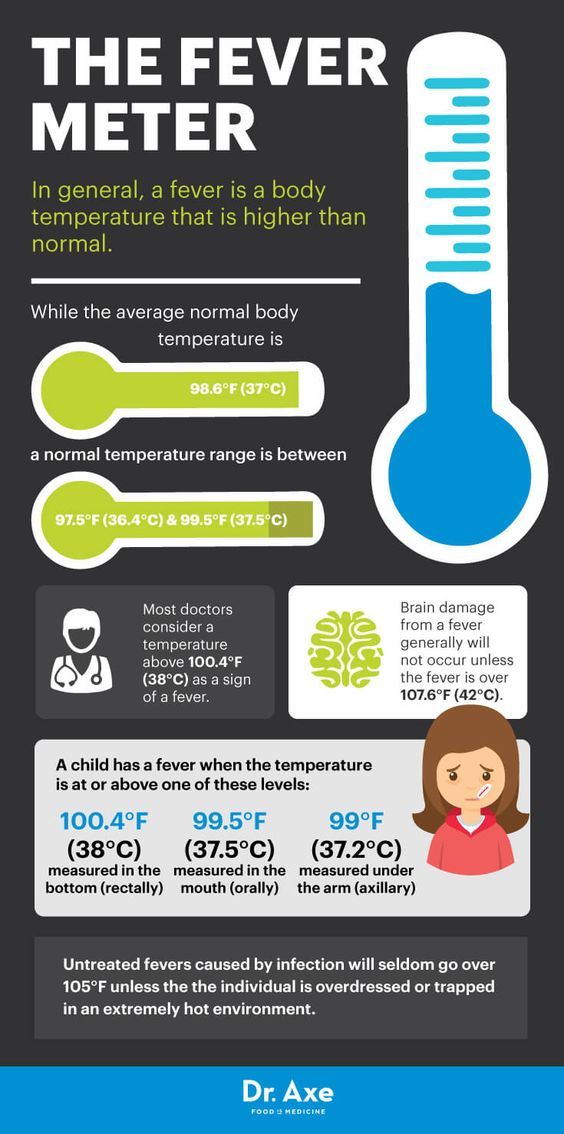
The list of reasons that may be recognized as valid for exemption from liability is not exhaustive. In all cases, the judge must assess whether specific circumstances can be attributed to the number of good reasons for non-payment of alimony. nine0003
How do bailiffs force persistent non-payers to fulfill maintenance obligations?
If the parent does not just evade the payment of alimony, but hides and prevents their collection, i.e. becomes a malicious defaulter, the bailiffs start the procedure for searching for the debtor. But they can do this only if there is a statement from the alimony claimant. During the search, bailiffs try to locate the debtor and his property in order to bring him to justice and force him to fulfill maintenance obligations. How do they do it? nine0003
Bailiffs are endowed with special powers. They have the right:
- to receive personal data from the internal affairs authorities, tax authorities, the Pension Fund, registry offices, traffic police;
- check information through the customs authorities;
- check in banks information about accounts, deposits, securities;
- to interview relatives, friends, colleagues - everyone who has information about the non-payer; nine0104
- to travel to the location of the debtor's property for its examination and evaluation;
- use information obtained through the involvement of a private detective bureau or from open sources, including those posted on personal pages on social networks.




